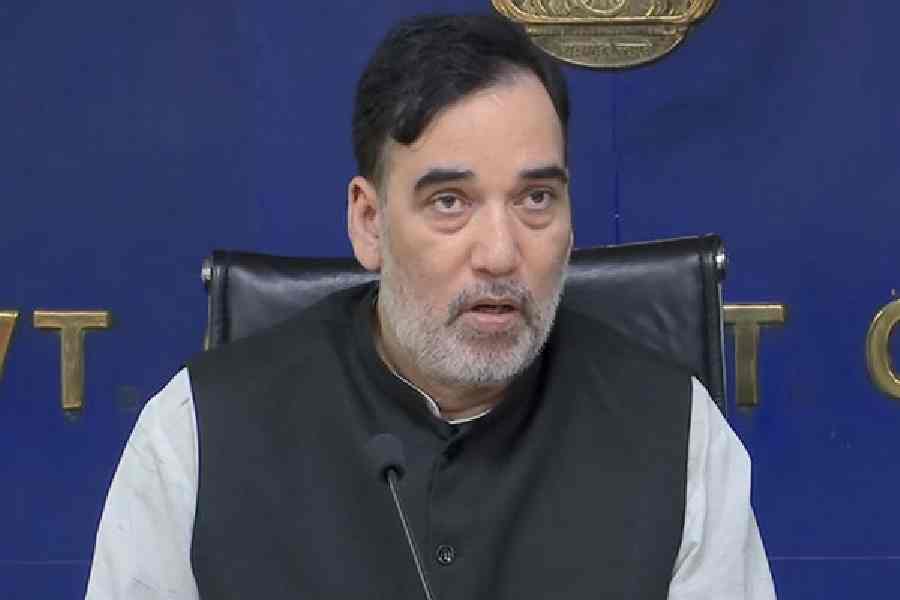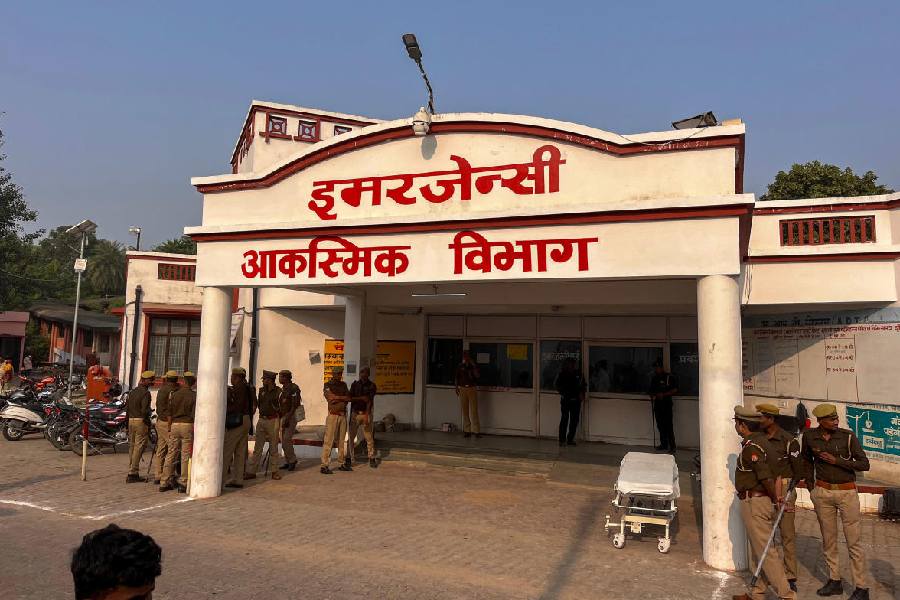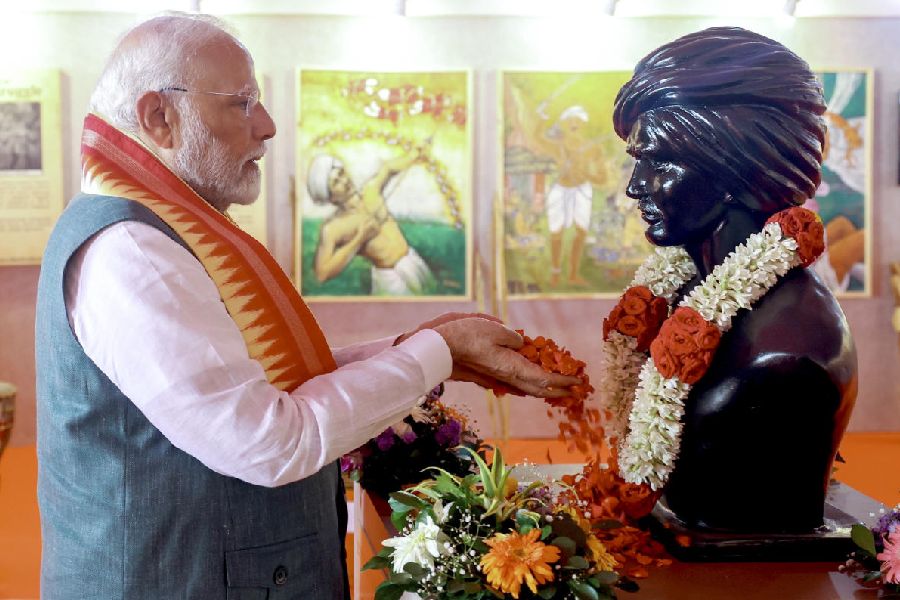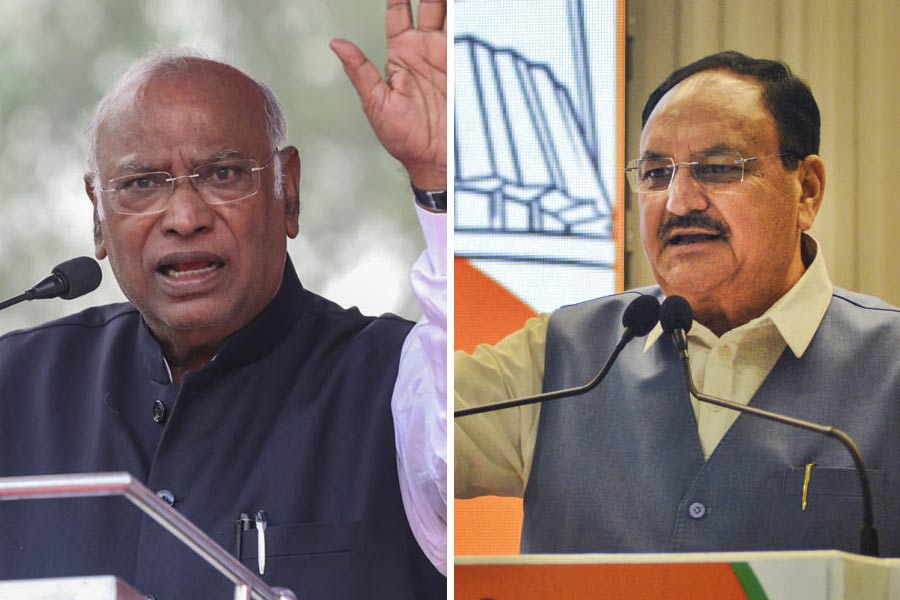A former chairman of India’s space agency, G. Madhavan Nair, who had led the country’s first lunar orbiter mission but was punished by the UPA government following allegations of impropriety during a satellite deal, joined the BJP on Saturday.
BJP president Amit Shah welcomed Nair and other “influential” personalities into the BJP in Thiruvananthapuram, party executives said.
The other recruits include Raman Nair, formerly with the Congress, Thomas John, a Church leader, and Prameela Devi, a women’s commission member, they added.
Madhavan Nair was Isro chairman from 2003 to 2009 and led the Chandrayaan-1 orbiter mission in 2008. But in 2011-12, the then UPA government, after investigations into a controversial and eventually cancelled satellite deal with a foreign company, instructed the space department not to give Nair and three other former space officials any government assignment or role. The government did not specify for what wrongdoing the four were being blacklisted.
In 2016, the CBI filed a chargesheet claiming Nair and the others had caused a loss of Rs 578 crore to the exchequer through the deal with the company, Devas Multimedia. But no one has been convicted of any wrongdoing yet.
BJP executives said on Sunday that they saw no connection between those allegations and Nair’s decision to join the party. “He has a lot of public goodwill and is an influential personality. His decision to join the BJP is a gain for the party,” P.S. Sreedharan Pillai, state BJP president, told The Telegraph.
A former Isro official who has been tracking the government’s probe into the controversial satellite deal said he had “absolutely no idea” what might have drawn Nair to the BJP.
But the circumstances in which the UPA had abruptly cancelled the deal with Devas had led some senior scientists to suspect that the Manmohan Singh government, reeling in 2012 under the telecom scam, had panicked amid concerns that the pact may have favoured Devas.
Nair was not immediately available for comment on Sunday. But Nair had told this newspaper in 2012, after learning about the UPA directive to the space department not to give him any appointment: “I have maintained high principles throughout and all the other three officers are also honest. What needs to be investigated is what forces have misled the (UPA) government.”
Roddam Narasimha, an aerospace scientist who was a member of one of the panels that probed the deal, quit his position as a member of the space commission after the government blacklisted the four scientists involved in the deal.
“We had found no evidence that any of the scientists named had made personal gains,” Narasimha had told this newspaper in 2016. “They were known as persons of great integrity.”











